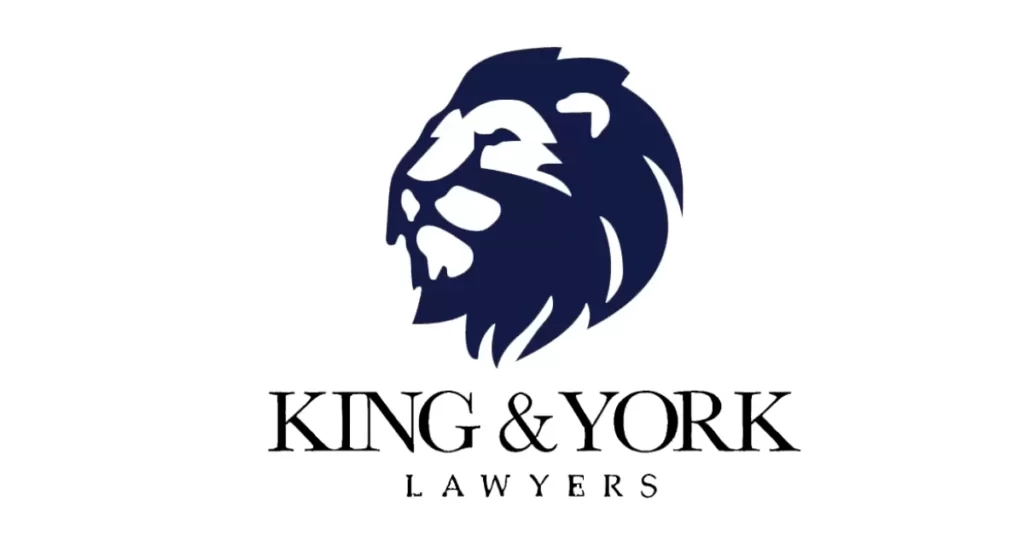Being charged with drug driving can be a distressing experience that can have a lasting negative impact on your life. To minimise the effects of such a charge, it’s best to get help from an experienced drug lawyer.
Our experienced King & York Lawyers have been successful in greatly reducing the penalties of drug driving charges and, in many cases, have been able to help clients receive a ‘Section 10’.
Recent changes in NSW drink and drug driving laws came into effect in May 2019. This introduced tougher penalties for lower range drink driving offences and tougher penalties for driving with the presence of an illicit drug in their system.

All Police vehicles are now equipped with alcohol and drug testing capabilities. Drug presence offences are generally tested roadside and then confirmed by a laboratory.
If a person is detected with such substance in their system for the first time, they will face an automatic three (3) month licence suspension and a fine of $572.
The May 2019 reforms abolished the requirement for offenders to attend court to have their penalty determined. However, a person can still elect to have the matter determined in court and appeal the suspension.
It must be noted that such appeal may result in a higher penalty, a longer period of licence disqualification and even a criminal conviction.
Therefore, it is important in these circumstances that you seek appropriate legal advice. At King & York Lawyers, we recognise the importance of your ability to drive. If you are in doubt, we have the expertise to help you decide whether you can appeal the any penalty imposed.

Penalties for drug driving can vary and are largely dependent on your previous convictions. For a first-time drug driving offence, where traces of an illicit drug is found in urine, blood or oral fluid, the maximum fine is $1,100 with an automatic disqualification period of 6 months. A second offence can result in a $2,200 fine and an automatic disqualification of 12 months.
It’s important to remember that these are only the maximum penalties and with an experienced drug lawyer the charges can be significantly reduced. Our lawyers often persuade the magistrate to lower the disqualification periods or have no disqualification period imposed. A ‘Section 10’, now known as a “Conditional Release Order”, gives the court discretion to dismiss the charge. Under a ‘Section 10’ there is no criminal conviction recorded, no fine and no disqualification.
The police are now authorised to carry out a ‘Random Drug Test‘ (RDT) in much the same way as they would carry out a ‘Random Breath Test’ (RBT). The test involves an analysis of oral fluid that tests for the presence of illicit drugs. The test itself is conducted through the window of your vehicle and takes approximately 5 7 minutes to complete. You cannot legally refuse a RDT. It is an offence to do so and doing so could result in a ‘Refusal to Submit a Drug Test’ Charge
If you undergo a drug test that returns a positive reading, you will be asked to go with a police officer to undergo a second oral fluid test. The secondary test provides the officer with a more detailed analysis. It takes approximately 20-25 minutes to complete. If the secondary test returns a positive reading, you will be immediately prohibited from driving for 24 hours. The secondary test results and sample will then be sent to the Division of Analytical Laboratories (DAL) for further analysis. If the presence of illicit drugs is confirmed by DAL, you will receive a Court Attendance Notice and a charge for driving under the influence of an illicit drug.
Free Consultation
Here are some of our client reviews
Frequently Asked Questions
Penalties include fines, licence disqualification, community service, and imprisonment for severe cases or repeat offenders.
Yes, if the medication impairs your ability to drive safely, you can still be charged with drug driving.
A lawyer can review the testing procedure, the chain of custody, and any potential errors to contest the result in court.
Police use oral fluid tests to detect the presence of drugs. A positive result usually leads to a secondary test for confirmation.
Defences can include procedural errors, insufficient evidence, or proving that the drugs did not impair your driving ability.
Tower 2, level 20 201 Sussex Street Sydney NSW 2000, Australia
Level 6, 91 Phillip Street Parramatta, NSW 2150 Australia
Level 4, 29 Kiora Road, Miranda NSW 2228
Monday 7:00 AM – 10:00 PM
Tuesday 7:00 AM – 10:00 PM
Wednesday 7:00 AM – 10:00 PM
Thursday 7:00 AM – 10:00 PM
Friday 7:00 AM – 10:00 PM
Saturday 7:00 AM – 10:00 PM
Sunday 7:00 AM – 10:00 PM